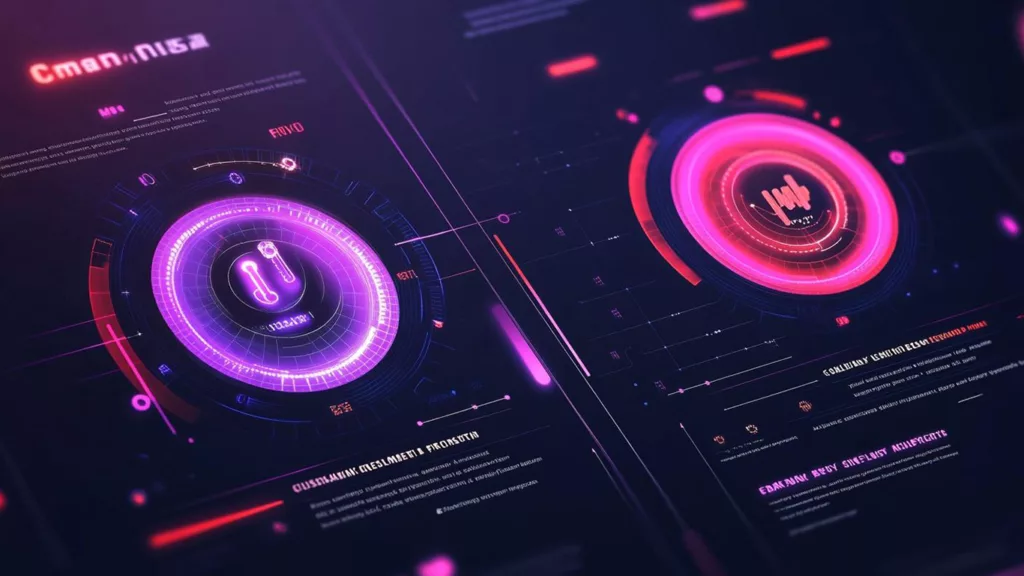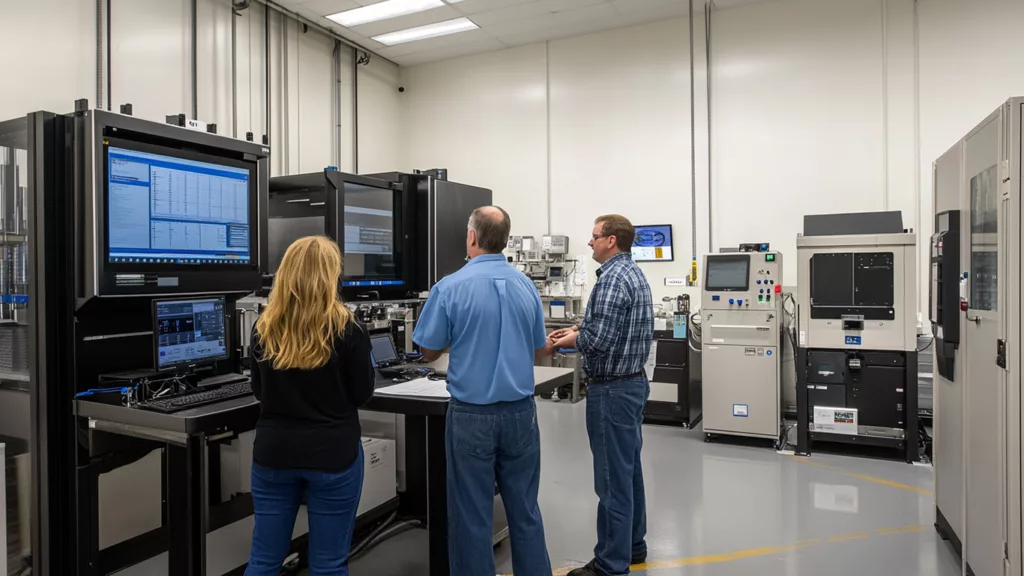Force sensors are critical components in a wide range of industries, from medical devices to robotics, aerospace, automotive, and industrial automation. When selecting a force sensor, a common question arises: should you choose a standard off-the-shelf model or invest in a custom-designed solution? Understanding the differences, benefits, and limitations of each option will help you make an informed decision that ensures optimal performance, reliability, and cost-efficiency.
Understanding Standard Force Sensors
Standard force sensors are pre-engineered devices with fixed specifications. They are designed to cover the most common force measurement applications across various industries.

Advantages of Standard Force Sensors:
- Immediate Availability: Standard sensors are readily available, reducing lead times.
- Cost-Effective: Mass production lowers per-unit costs.
- Proven Performance: Standard models are extensively tested and validated.
- Ease of Integration: They often come with universal mounting options and output formats.
Limitations of Standard Force Sensors:
- Limited Customization: Specifications such as size, shape, force range, and output type may not perfectly match specialized requirements.
- Potential Overdesign: You may end up paying for features you don’t need.
- Fit and Function Challenges: Physical and performance mismatches can complicate system integration.
When to Choose Standard Force Sensors
Selecting a standard force sensor is ideal if:
- Your application falls within common force measurement ranges and environmental conditions.
- Time-to-market is critical.
- You have budget constraints.
- You can adapt your system to accommodate the sensor’s characteristics.
Exploring Custom Force Sensors
Custom force sensors are engineered specifically to meet unique application requirements. XJCSENSOR specializes in working closely with clients to design and manufacture bespoke sensors that align perfectly with their operational needs.
Advantages of Custom Force Sensors:
- Precision Fit: Tailored to exact dimensions, load ranges, and environmental conditions.
- Optimized Performance: Calibration, output signal, and mechanical design are fine-tuned for your application.
- Integration Ease: Custom mounting solutions and communication protocols simplify installation.
- Competitive Advantage: Custom solutions can enable new product features or performance capabilities not achievable with standard sensors.
Challenges of Custom Force Sensors:
- Longer Lead Times: Design, prototyping, and validation require time.
- Higher Initial Cost: Custom engineering and small production runs increase upfront costs.
- Complex Development Process: Close collaboration and iterative testing are often necessary.
When to Choose Custom Force Sensors
Choosing a custom force sensor is the best option if:
- Your application involves non-standard force ranges, environmental conditions, or form factors.
- You require specific electrical output signals, connectors, or communication protocols.
- The sensor must fit into a tight or irregular space.
- High reliability and precision are mission-critical.
- You seek to differentiate your product with unique features.
Key Factors to Consider When Deciding
When determining whether a standard or custom force sensor is right for you, consider:
- Application Requirements: What are the specific force ranges, environmental conditions, and size constraints?
- Budget and Timeline: Can you afford longer development times and higher costs?
- Performance Demands: Is ultra-high accuracy, temperature compensation, or multi-axis measurement necessary?
- Volume Expectations: Are you planning for mass production, or is it a limited-run application?
How XJCSENSOR Supports Your Decision
At XJCSENSOR, we pride ourselves on being a trusted partner in precision measurement solutions. Whether you need a high-quality standard force sensor or a fully customized design, we offer:
- Extensive Catalog: A wide range of standard force sensors ready for immediate deployment.
- Custom Engineering Expertise: In-house design, prototyping, and manufacturing capabilities.
- Collaborative Development: Our team works closely with you to understand your needs and develop the ideal solution.
- Exceptional Quality: Every sensor, standard or custom, undergoes rigorous quality assurance testing to ensure performance and durability.
If you’re unsure which path to choose, contact XJCSENSOR today for a free consultation. Our experts are ready to help you find or create the perfect force sensor solution for your application.




